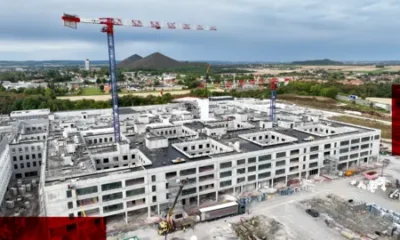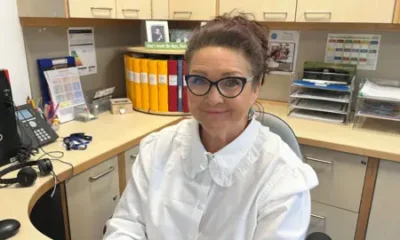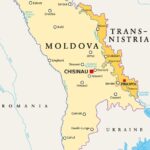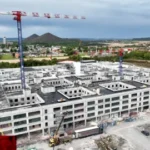Breaking News
US forensic experts assist gardaí in Mike Gaine murder investigation
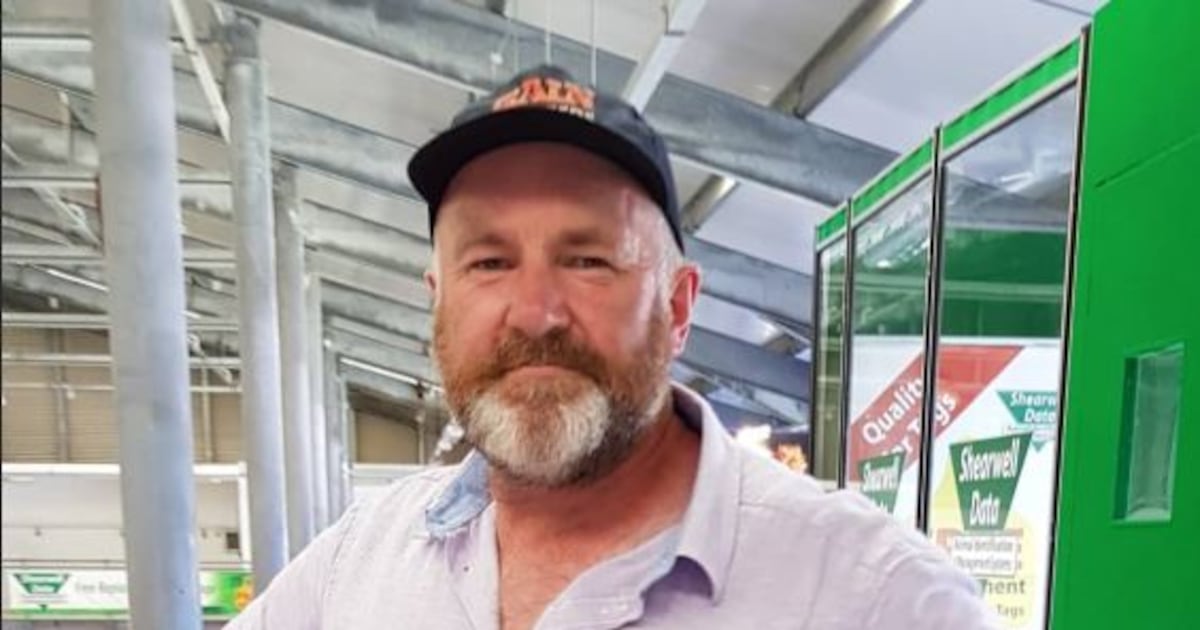
Read more on post.
Gardaí investigating the murder of Kerry farmer, Michael Gaine requested the assistance of American forensic experts, who had travelled to Ireland to help gardaí carry out a review of the murder of French woman, Sophie Toscan du Plantier.
Officers investigating the murder of Gaine (56), whose dismembered body was found in a slurry tank on his Kenmare farm, sought the assistance of US forensic expert, Suzanna Ryan, who had come to Ireland to use the revolutionary DNA gathering technology M Vac in the Toscan du Plantier case.
Ms Ryan and M Vac chief executive, Jared Bradley, came to Ireland at the end July to examine exhibits in the Toscan du Plantier murder case, including the rock and cavity block used to bludgeon the 39-year-old mother of one to death in west Cork in December 1996.
Ms Ryan and Mr Bradley were brought by Kerry gardaí to the cattle shed at Mr Gaine’s farm at Carrig East 6km from Kenmare.
Gardaí believe Mr Gaine was murdered on March 20th in the cattle shed and his body dismembered before being disposed in the slurry tank beneath the slatted unit. Human tissue was recovered on May 16th after an agriculture contractor found tissue while spreading slurry from the tank.
It’s understood Ms Ryan recovered some minute particles of blood in the shed using the M Vac technology, which involves the application of a solution to a surface, and its subsequent vacuuming up and collection, which then can be sent for analysis to see if it contains any relevant DNA.
Gardaí had hoped that the blood samples recovered from the cow shed might help them identify Gaine’s killer, but the blood was actually bovine blood from calving when it was tested by scientists at Forensic Science Ireland laboratory in Kildare.
Gardaí have previously sought assistance from abroad with team of Dutch investigators using specialised drone equipment detecting soil disturbance.
The Dutch team spent several days using their highly sensitive drone technology flying over the 404 hectare hillside farm to see if it could detect any sign of the soil being disturbed amid garda suspicions that Gaine’s killer may have buried the weapons used to kill the Kerry farmer.
Gardaí found a number of knives on Gaine’s property but don’t believe they were the weapons used to kill him. They had sought the assistance of the Dutch experts to search the land given the huge amount of ground that they had to cover to find a possible disposal site for the weapons.
Gaine lived at Carhoomengar with his wife, Janice, who reported him missing on March 21st. The case was upgraded to a murder inquiry on April 29th.
US citizen Michael Kelley (53) who lived at the old farmhouse at Carrig East in return for helping Gaine on the farm, was arrested but released without charge.
He has denied any involvement in Gaine’s murder.
Breaking News
Search for fisherman missing off Sligo coast to resume
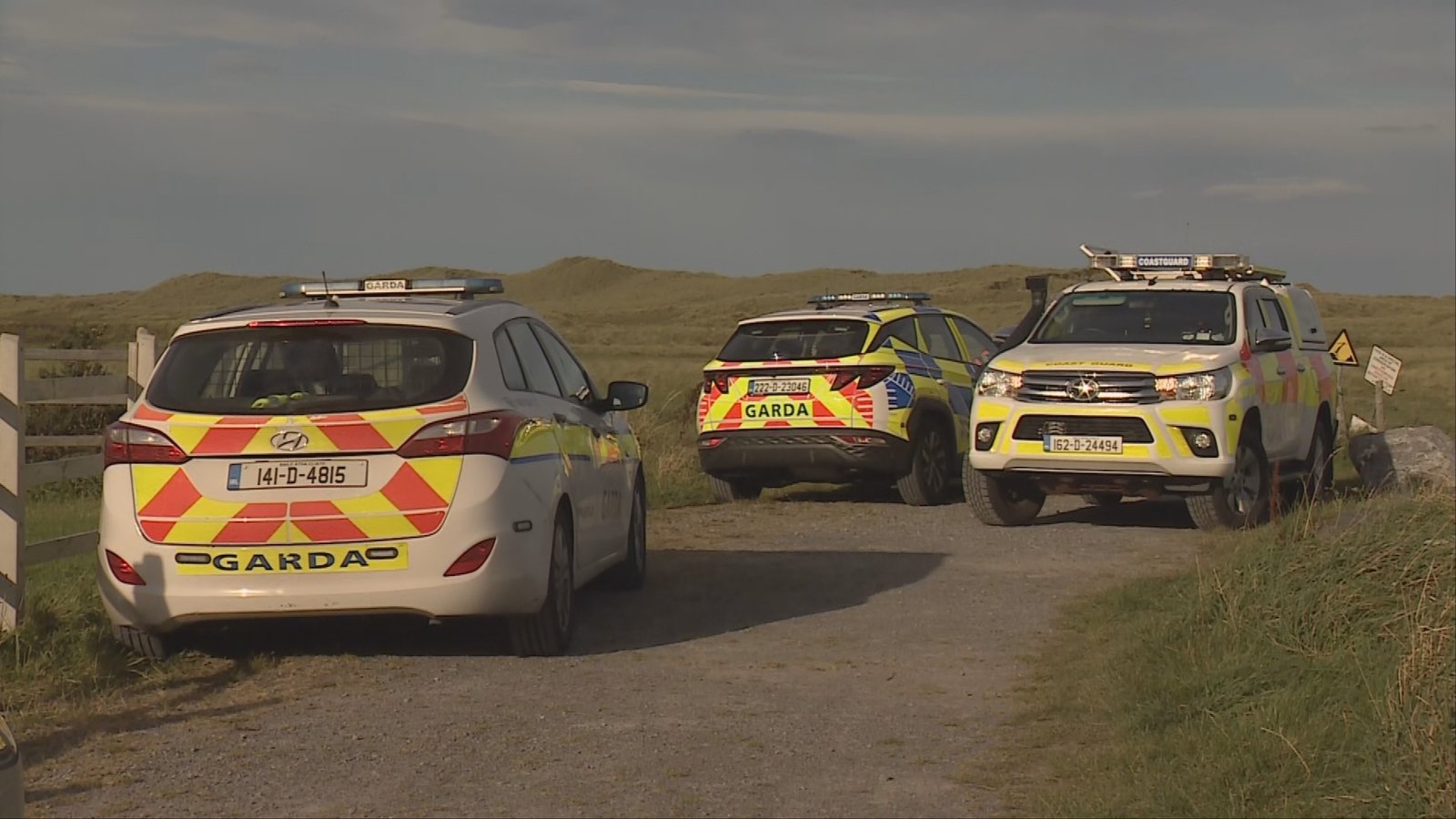
Read more on post.
A multi-agency search for a fisherman missing off the coast of Mullaghmore, Co Sligo is to resume this morning.
A member of the public alerted the Malin Head coordination centre on Thursday evening after they found an abandoned boat that had run aground, about 4km south of Mullaghmore Head.
It is believed that the fisherman fell overboard from the vessel as the engine was still running when the vessel was discovered.
The search coordinated by the Malin Head Coast Guard is concentrating on the area off Mullaghmore and out into Donegal Bay.
Gardaí are also assisting the Coast Guard in the search operation.
The extensive search is being conducted by Sligo based Coast Guard helicopter R118, Dublin-based Coast Guard helicopter R116, Killybegs Coast Guard Unit, and RNLI lifeboats from Bundoran, Árainn Mhór, An Baile Glas and Sligo along with a merchant vessel and several local vessels.
Breaking News
Police bill for Epping protests could reach £1.7m
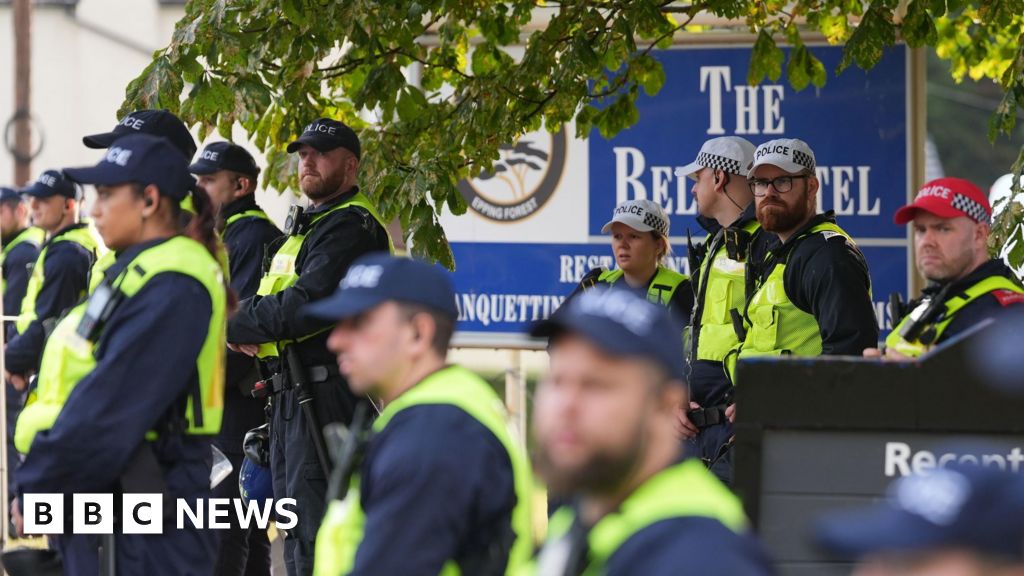
Read more on post.
The cost of policing protests in Epping could reach £1.7m by October, a crime panel meeting was told.
Thousands of people have demonstrated in the town after an asylum seeker, Hadush Kebatu, was charged with sexual offences in July.
Since then, Essex Police have arrested 32 people in connection with the disorder outside The Bell Hotel, where Kebatu, who was later jailed, was staying.
Roger Hirst, the police, fire and crime commissioner for Essex, said the force’s response had required a “substantial level” of resources.
Speaking at an Essex crime panel meeting, Hirst said: “I think some [officers] even came from Wales to support [us].”
Essex Police would only receive help from the government if costs topped £4m, the Conservative explained, meaning the force had to swallow the bill it faced.
“It’s a classic public service conundrum,” he said.
“You have the requirement right now, you have to do it. That’s the job.”
The latest protest outside The Bell Hotel took place on Thursday evening.
While most action has been peaceful, Essex Police said eight officers were hurt on 17 July, when fireworks were let off and eggs thrown.
Epping Forest District Council has been trying to block The Bell from housing asylum seekers at the High Court.
It was awarded a temporary injunction in August, but this was later overturned at the Court of Appeal.
The full legal challenge will return to the High Court on 15 October.
Tensions first flared in July when Kebatu, an asylum seeker from Ethiopia, was arrested on suspicion of sexually assaulting a 14-year-old girl and a woman.
He was found guilty of those offences at Chelmsford Magistrates’ Court and jailed for one year on Tuesday.
Breaking News
Moldova’s high-stakes vote: Democracy v disinformation
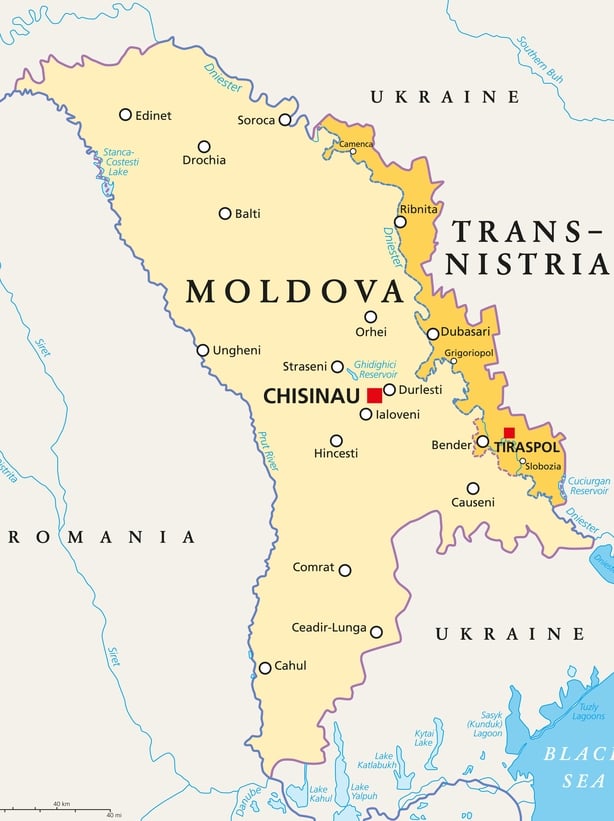
Read more on post.
Moldovan President Maia Sandu has said that Russia has tried to influence tomorrow’s high-stakes parliamentary election in the country through a campaign of bribery and disinformation about the European Union.
“Russia does not want Moldova to continue to be a sovereign and democratic country. Russia wants to get control over power in Moldova and to use Moldova against Ukraine, to use Moldova against some of the European countries in the region,” Ms Sandu told RTÉ News in a video interview.
“It’s about dirty money, the illegal financing of political parties and of the election campaigns. It’s about trying to bribe the voters. It’s about the manipulation of information.”
Tomorrow’s election will be key to deciding whether Moldova continues its path towards EU membership, or lapses back into Russia’s sphere of influence.
Last Wednesday, Moldovan Prime Minister Dorin Recean accused Russia of trying to take power in the small republic by spending hundreds of millions of euros on buying votes.
“This is not an ordinary electoral battle,” he told reporters after a cabinet meeting. “It is a siege on our country.”
Polling shows that the ruling pro-EU Party of Action and Solidarity (PAS) and the Patriotic Bloc, a group of left-wing, pro-Russian opposition parties both with about 25% of support.
On that score, PAS, the party founded by Ms Sandu almost a decade ago, may struggle to retain its ruling majority in the country’s 101-seat parliament.
Either group will likely need to cobble together a coalition government with smaller parties.
Yesterday, a Moldovan court barred one of the Patriotic Bloc’s four parties from running candidates due to allegations of voter bribery.
EU membership and security issues stemming from Russia’s war in Ukraine have been two of the main issues in the campaign.
But a key concern for voters is also the state of the economy, including low salaries.
“It’s a very peculiar campaign,” said Andrei Lutenco, director of the Centre for Policy and Reform, a NGO in Chisinau promoting good governance and structural reforms.
“We have a war at the border, a war that directly affects us. So the stakes are very high in terms of not just internal politics, but in terms of regional politics, and in terms of the politics of the war,” said Mr Lutenco.
As many as a quarter of voters remain undecided.
The votes of Moldova’s one million strong diaspora, which tends to be more pro-EU leaning, will play a key role in deciding if PAS stays in government.
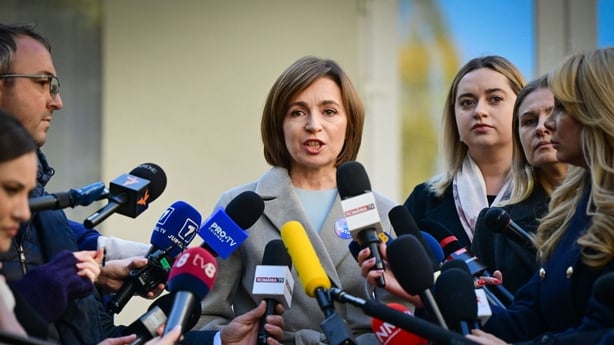
the country’s presidential election in November 2024
Russia has denied allegations of meddling in this month’s electoral campaign, as it did last October and November during Moldova’s presidential election, a vote that Ms Sandu won, and a referendum on changing the country’s constitution to enshrine support for EU accession, which was backed by a razor-thin majority of voters.
At the time, Ms Sandu said the presidential election and the EU referendum had been targeted by foreign interference, listing efforts by criminal groups to buy 300,000 votes, without naming Russia.
Moldovan government officials estimated that Russia had spent more than €100m on buying votes during last winter’s election and referendum.
This time around, the Moldovan president has not held back in her criticism of Russia.
“We have never before experienced such pressure. Russia is trying to overwhelm our institutions. Russia is trying to scare the society,” said Ms Sandu.
“When it comes to disinformation, there is not much we can do but explain to people, uncover these operations of hiring people who produce and distribute fake information,” she said.
A BBC investigative documentary, broadcast earlier this month, filmed a network of Moldovan nationals promising to pay people if they posted pro-Russian propaganda and fake news on social media sites, including fake polls to discredit PAS ahead of the election.
Investigative reports by Moldovan media outlets have uncovered similar networks spreading anti-EU and anti-government disinformation on social media networks.
Moldovan police have said large sums of cash are being smuggled into the country to pay such groups.
This week alone, police conducted searches against more than 100 people across the country, who they said were involved in preparing to stage mass riots, coordinated by Russia through criminal gangs.
The BBC film also found links between the fake news network and Ilan Shor, a Moldovan oligarch, who lives in exile in Russia.
In 2023, he was sentenced to 15 years in prison by Moldovan courts for his role in a major banking fraud, but had already fled to Russia.
He is sanctioned by the EU for the illegal financing of political parties and by the United States for attempting to undermine democratic processes in Moldova on behalf of Russia.
Mr Shor released a video earlier this month offering to pay people $3,000 per month to join protests against Moldova’s current government.
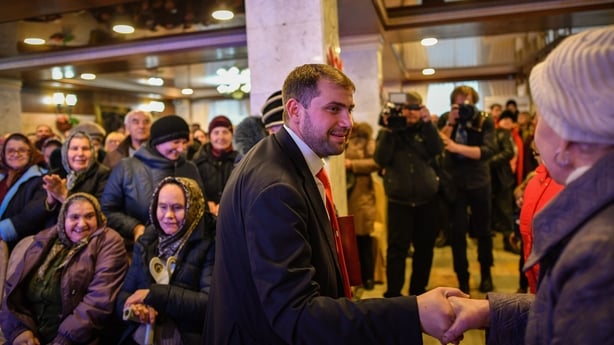
Listen to Kremlin sources and you hear a very different narrative.
Last Tuesday, Russia’s spy agency, SVR, accused the EU of planning to occupy Moldova with NATO forces, “at any cost”.
“At this stage, the concentration of the armed forces of NATO states in Romania is being carried out near the Moldovan borders,” read an SVR statement.
The same statement also claimed that NATO was planning to send forces to Ukraine’s Odessa region, bordering Moldova, in an attempt to “intimidate Transnistria”, a breakaway pro-Russian region along the eastern edge of Moldova.
Such claims are the stuff of fiction, an example of disinformation issued from the highest level of the Kremlin.
There is no evidence to suggest that the EU is employing NATO battalions in Moldova.
But the statement from the Russian foreign intelligence service, issued only days ahead of the election, highlights Moscow’s interest in the small republic of 2.4 million inhabitants, once part of the former Soviet Union until 1991.
Russia maintains a small contingent of troops in Transnistria, perhaps numbering as few as 1,500 according to Ukrainian estimates.
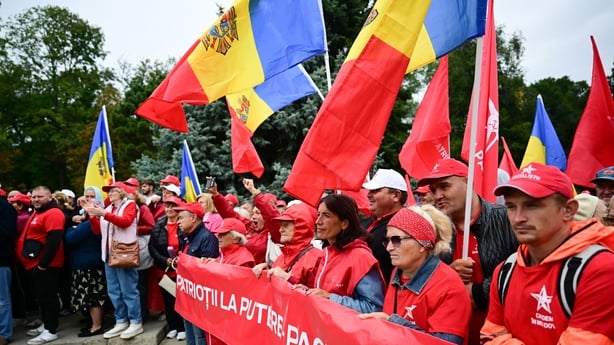
Anastasia Pociumban, a Moldovan research fellow at the German Council on Foreign Relations, told RTÉ News, that Russia has “such high stakes” because of Moldova’s shift towards the EU.
“Moldova has really managed to decouple from Russia, which feels weakened as a geopolitical actor.”
Ms Pociumban said that Russian disinformation had focused heavily on voters’ economic grievances, such as blaming higher energy prices on ruptured relations with Russia.
Moldova applied for EU membership in March 2022, just one week after Russia launched its first-scale invasion of Ukraine, and gained candidate status by June that year. Accession negotiations began at the end of 2023.
Last month, the leaders of France, Germany and Poland travelled to the capital Chisinau to celebrate the 34th anniversary of Moldova’s independence alongside Ms Sandu in a strong show of support for the country’s EU ambitions.
The OSCE is deploying more than 100 election observers to Moldova to monitor and report on the conduct of tomorrow vote.
Among them are three Irish parliamentarians: Barry Ward TD of Fine Gael, John Lahart TD of Fianna Fáil and independent senator Lynn Ruane.
Speaking from Chisinau, Mr Ward said that he will visit and observe up to 20 polling stations on election day as part of the team of observers.
“We will talk to polling staff and we’ll be observing are people on the electoral register. We have a detailed form to fill out on how the voting procedures take place, making sure that everyone is getting the right to vote,” Mr Ward told RTÉ News.
“If you see something that is wrong, you’re not intervening, you’re reporting it.
“Vote buying is another thing. If we witness intimidation, we have to report it,” said Mr Ward.
An exit poll is expected shortly after 7pm Irish time tomorrow and a clearer picture of the results should emerge by early on Monday morning.
The OSCE will deliver its preliminary findings on the conduct of the election on Monday afternoon.
“Moldovan democracy is not strong enough. It is fragile,” said Ms Sandu, adding that she believed EU membership would put the country’s democracy in a “much safer place”.
“We’re doing our best to have free and fair elections. We want Moldovans to decide for Moldova, not the Russian dirty money or the Russian lies.”
-
Politics4 days ago
European Parliament snubs Orbán with vote to shield Italian MEP from Hungarian arrest
-
Culture2 months ago
Fatal, flashy and indecent – the movies of Adrian Lyne revisited
-
Culture3 weeks ago
Life, loss, fame & family – the IFI Documentary Festival in focus
-
Environment1 week ago
Key oceans treaty crosses threshold to come into force
-
Health5 days ago
EU renews support for WHO’s Universal Health Coverage Partnership
-
Culture1 week ago
Farewell, Sundance – how Robert Redford changed cinema forever
-
Culture4 days ago
Twilight at 20: the many afterlives of Stephenie Meyer’s vampires
-
Culture4 weeks ago
What is KPop Demon Hunters, and why is everyone talking about it?




